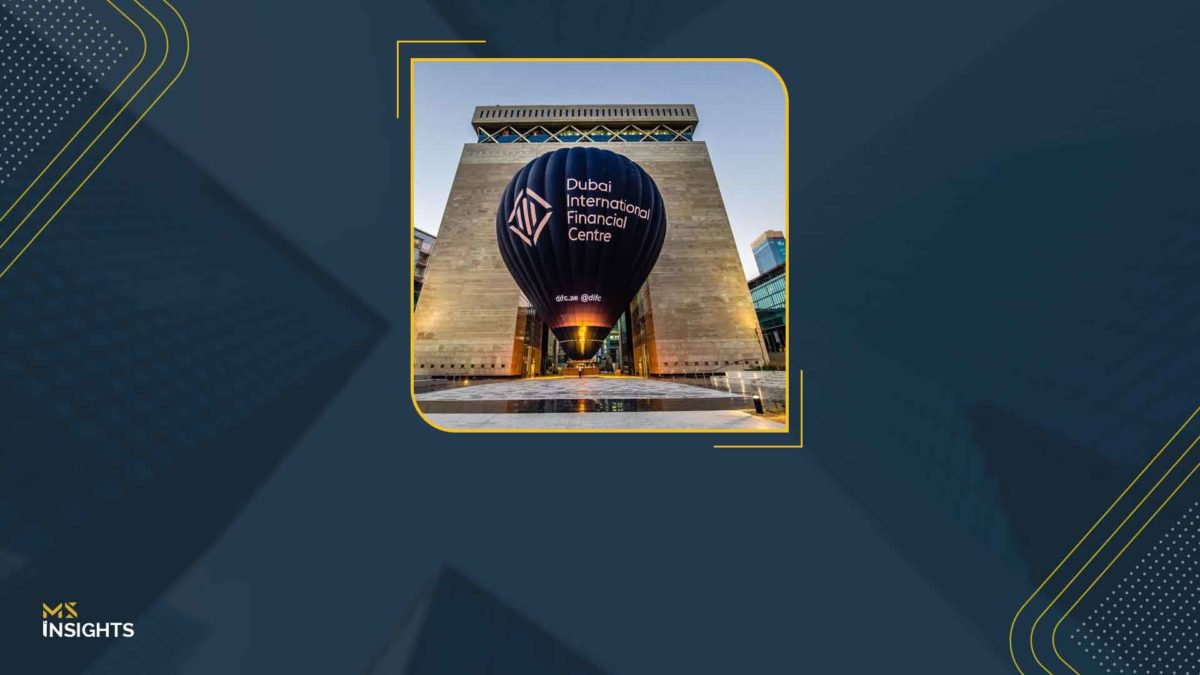Dubai International Financial Centre (DIFC) is a hub where ambition meets opportunity. With world-class infrastructure, a clear regulatory framework, and a vibrant professional community, DIFC offers the perfect environment for operational companies to grow, innovate, and connect with global markets. As we move into 2025, certain sectors are standing out as particularly promising, providing both business potential and access to a dynamic ecosystem.
1. Fintech: Driving Financial Innovation
Fintech remains the core of DIFC’s evolution as a global financial hub. From digital payments to blockchain applications, setting up operational company in DIFC within the fintech sector are leveraging cutting-edge technology to reshape financial services. DIFC provides the perfect environment for fintech startups and scale-ups, offering regulatory sandboxes, access to investors, and proximity to banks and financial institutions.
For entrepreneurs, this sector offers both growth and visibility. Participating in DIFC’s fintech ecosystem means access to accelerator programs, mentorship, and opportunities to pilot innovative solutions in a region rapidly embracing digital finance. The energy in the DIFC fintech community is palpable, with new ideas constantly circulating across networking events, workshops, and investor meet-ups.
2. Digital Assets and Crypto Services
The surge in interest around digital assets, tokenization, and blockchain-based solutions positions DIFC as an ideal home for setting up operational company in DIFC focusing on this space. DIFC’s regulatory framework, combined with the recent global attention on digital assets, provides companies with a platform that balances innovation and compliance.
Whether it’s a firm offering crypto trading services, blockchain infrastructure, or asset tokenization, DIFC provides a supportive environment with access to capital, legal clarity, and market reach across the Middle East and beyond. Professionals in this sector experience an exciting, forward-looking work environment where ideas are rapidly turned into solutions.
3. Consulting and Advisory Services
Professional services, particularly consulting and advisory firms, have long found a natural home as operational companies in DIFC. Companies offering corporate strategy, risk management, or market entry services benefit from the centre’s position as a regional business hub. DIFC attracts clients from across the GCC, Africa, and Asia, offering operational companies a steady pipeline of business opportunities.
The lifestyle appeal here is notable: working in DIFC consulting means being at the crossroads of regional business growth while enjoying access to world-class offices, networking lounges, and events that blend learning with social interaction.
4. Professional Services: Legal, Accounting, and Compliance
DIFC’s regulated environment drives demand for operational companies in DIFC within professional services. Legal firms, accounting practices, compliance consultancies, and corporate secretarial service providers are integral to the ecosystem. These companies support both startups and established businesses in meeting regulatory requirements, mitigating risk, and ensuring smooth operations.
The sector’s growth is fueled by DIFC’s continued expansion and its attraction of international investors. Professionals in these companies enjoy a sophisticated work environment, exposure to cross-border deals, and the chance to operate within a modern financial centre that sets global benchmarks.
5. Wealth Management and Asset Services
The UAE continues to attract ultra-high-net-worth individuals and institutional investors seeking stability, growth, and innovation. Setting up operational company in DIFC specializing in wealth management, family offices, and asset services cater to this demand, offering personalized advisory, investment structuring, and portfolio management services.
This sector not only offers robust business potential but also an environment where professionals engage with global investment trends, innovative financial products, and sophisticated clientele. Working in DIFC wealth management combines high-stakes decision-making with access to premium facilities, networking events, and a cosmopolitan business community.
Why Setting Up Operational Company in DIFC Remains the Smart Choice in 2026?
Across these sectors, DIFC provides operational companies in DIFC with more than just a license to operate. It offers a strategic location, world-class infrastructure, and a vibrant ecosystem where business and lifestyle merge seamlessly. Companies benefit from regulatory clarity, access to capital, and opportunities for collaboration with global peers, while professionals enjoy an engaging and cosmopolitan environment.
For businesses looking to expand in 2026, setting up operational company in DIFC is a strategic one. From fintech innovators to advisory experts and wealth managers, DIFC’s commercial ecosystem supports growth, fosters innovation, and elevates the professional experience to a lifestyle level.
How Can MS Help in Setting Up Operational Company in DIFC?
MS simplifies the journey of setting up operational company in DIFC. We handle everything from licensing and regulatory approvals to compliance and corporate governance, ensuring a smooth and efficient setup. By leveraging our local expertise and in-depth knowledge of DIFC’s ecosystem, we help businesses hit the ground running and let you focus on growth, innovation, and thriving in one of the region’s most vibrant financial hubs.








